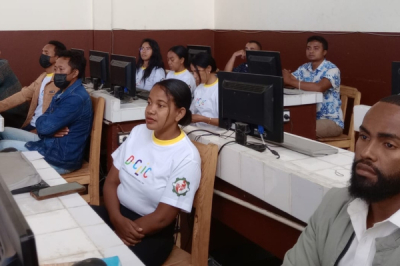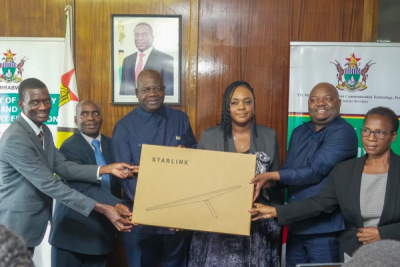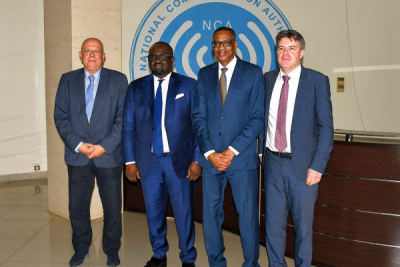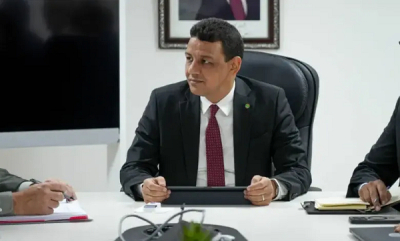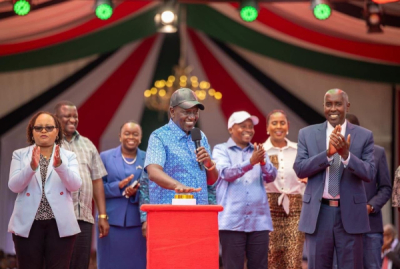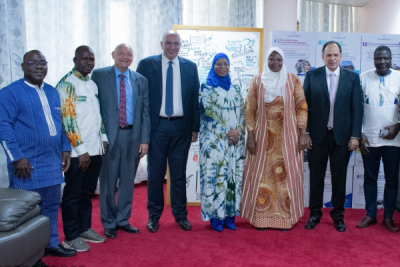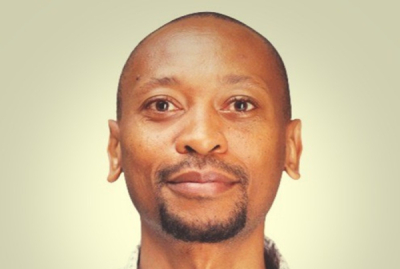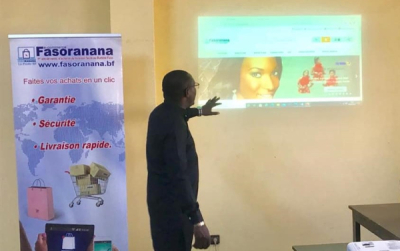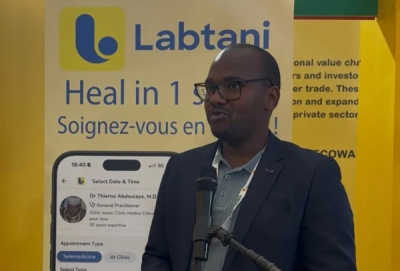Bridging the digital divide unlocks untapped economic potential, improving access to critical services, and giving youth and entrepreneurs the tools they need to succeed. As the province looks to build a resilient, inclusive economy, digital infrastructure will be its backbone.
KwaZulu-Natal Premier Thamsanqa Ntuli has unveiled a public-private partnership aimed at accelerating rural connectivity and fostering inclusive economic growth across the province. This was during a stakeholder engagement at the Port of Richards Bay.
Speaking at the meeting, Ntuli highlighted digital access as essential to unlocking opportunities, especially for the province’s youth. He described internet access as a necessity, not a luxury, and a key tool for education, entrepreneurship, and employment.
The initiative includes the rollout of 130 new cellular network sites by Vodacom, with over 100 dedicated to rural communities in all 11 districts of the province. These sites will be built on traditional land held under the Ingonyama Trust, with the support of local leaders and various stakeholders, including the South African Local Government Association (SALGA), the Department of Cooperative Governance and Traditional Affairs (CoGTA), and the House of Traditional and Khoisan Leaders.
Ntuli noted that high youth unemployment—currently over 30%—is exacerbated by the lack of digital infrastructure in underserved areas. Many young people struggle to access online education or launch businesses due to poor connectivity. The Premier said the new infrastructure would help remove these barriers, allowing programmes like the KwaZulu-Natal Youth Fund and Women’s Advancement Fund to achieve greater impact.
The project forms part of the KwaZulu-Natal Digital Transformation Strategy (2025–2030), which promotes a coordinated approach between government, traditional leaders, businesses, and municipalities. The strategy also seeks to improve access to services like healthcare, policing, and small business support in rural areas.
Ntuli reaffirmed the provincial government’s commitment to creating an investment-friendly environment and called on more private sector players to partner with the government in expanding digital access.
The Premier emphasized that this initiative is not exclusive to Vodacom and that other businesses are encouraged to join efforts to drive connectivity, create jobs, and uplift communities. He described digital inclusion as a pathway to dignity, opportunity, and generational change.
This initiative directly addresses digital inequality, which remains a significant barrier to socio-economic development in South Africa, particularly in rural areas like those in KwaZulu-Natal. Ensuring equitable access to the internet is now widely recognized as essential for education, employment, entrepreneurship, healthcare, and public service delivery. As of 2021, over 20% of South African households still lack access to the internet, with rural areas significantly lagging behind urban centres, according to the 2023 State of the ICT Sector Report in South Africa by the Independent Communications Authority of South Africa (ICASA).
Hikmatu Bilali



